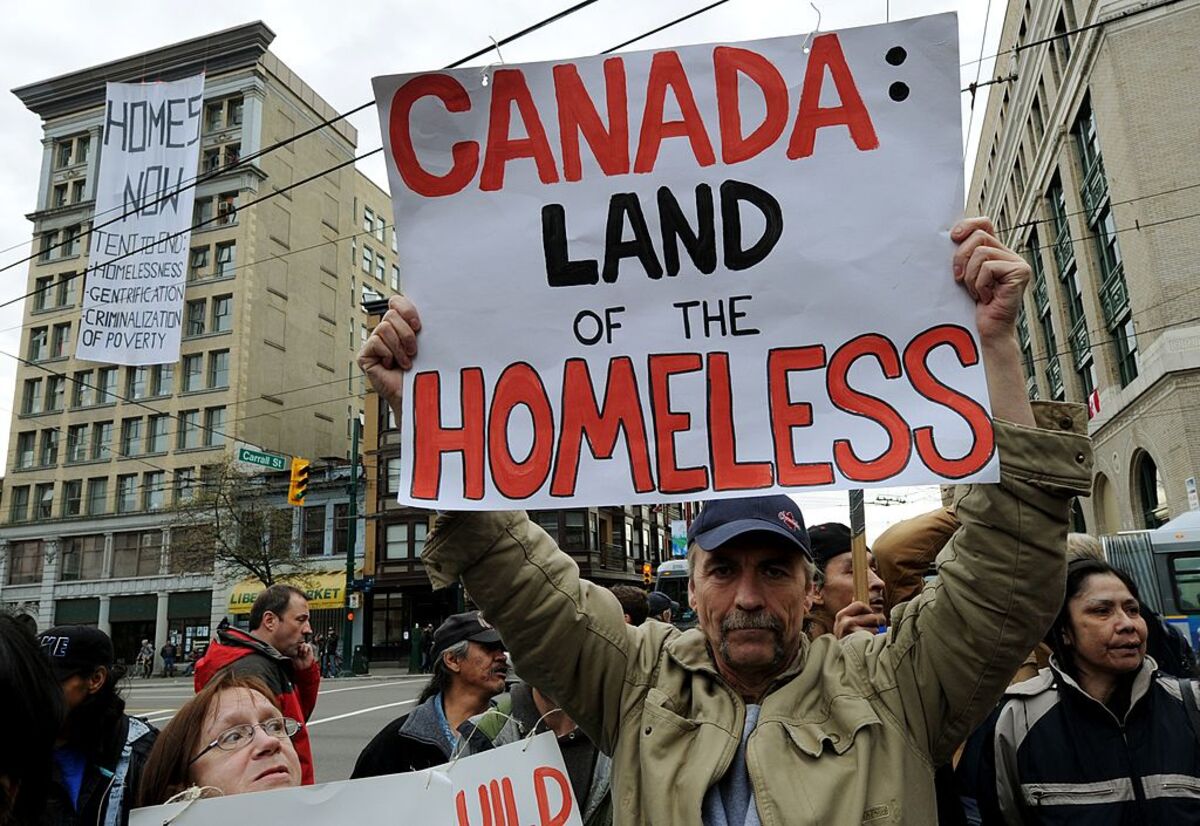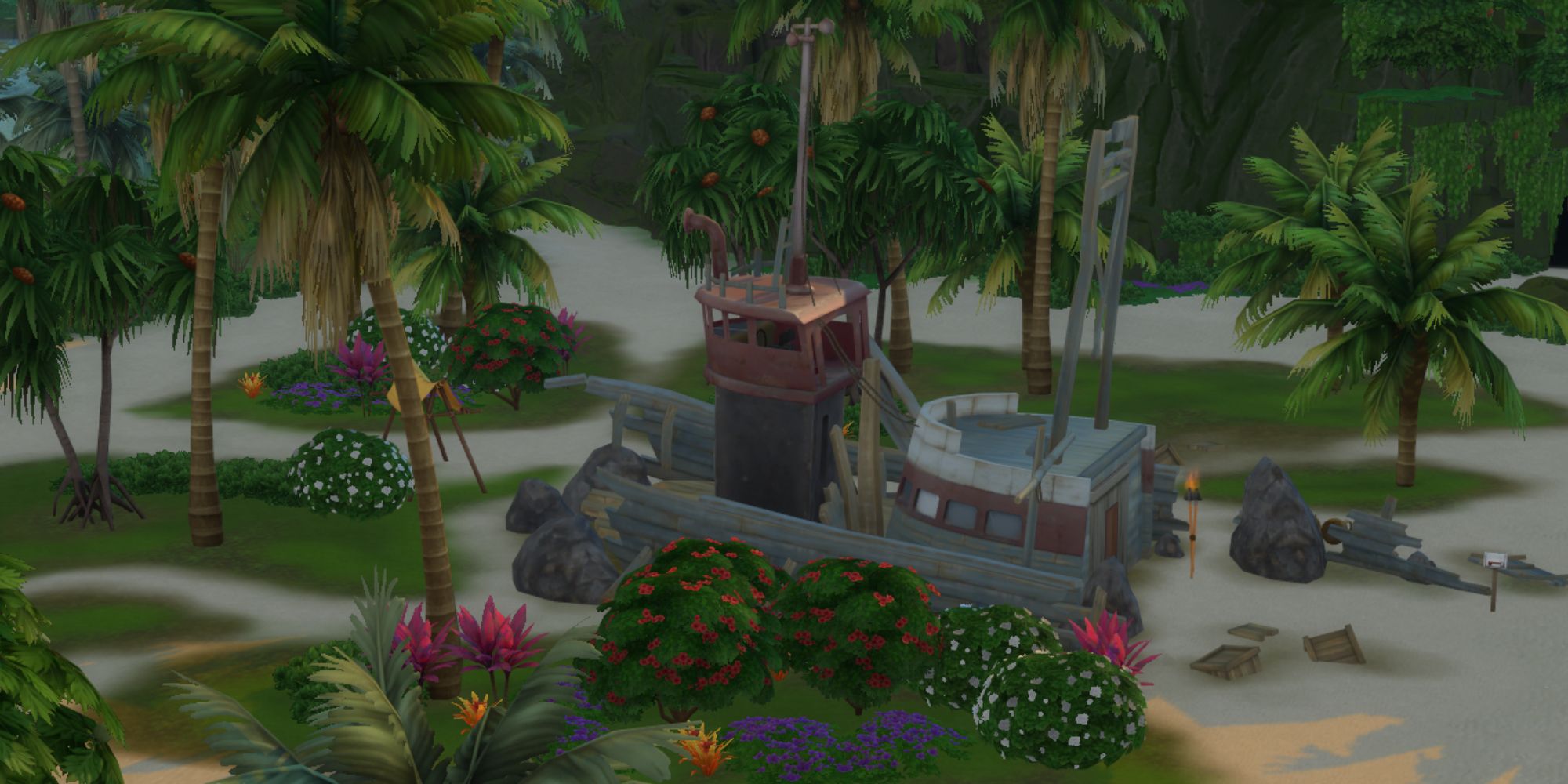Canada Off Grid Living: Escape the urban sprawl and embrace a life unbound by the constraints of modern society. This isn’t just about ditching the internet; it’s about forging a deeper connection with nature, becoming self-sufficient, and experiencing the unparalleled freedom of living off the grid in the vast, beautiful landscapes of Canada. Discover the challenges, rewards, and practical steps involved in creating a sustainable and fulfilling off-grid existence.
From navigating the legal intricacies of land ownership and permitting to mastering the art of renewable energy systems, water harvesting, and sustainable food production, this guide unravels the complexities of off-grid living in Canada. We’ll explore the unique challenges posed by diverse Canadian climates, offering practical solutions and inspiring stories of those who have successfully carved out a life beyond the grid.
Prepare to embark on a journey of self-discovery and sustainable living.
Legal and Regulatory Aspects of Off-Grid Living in Canada: Canada Off Grid Living
Embarking on an off-grid lifestyle in Canada requires careful navigation of provincial and municipal regulations. Understanding these legal frameworks is crucial for a successful and compliant transition to self-sufficiency. Failure to comply can result in fines, legal challenges, and even the forced dismantling of your off-grid setup. This section Artikels the key legal and regulatory aspects you need to consider.
Building and Living Off-Grid: Provincial Variations, Canada off grid living
Building codes and land use regulations vary significantly across Canadian provinces and territories. Some provinces have more established frameworks for off-grid living than others. For example, rural municipalities in British Columbia may offer more flexibility than those in densely populated areas of Ontario. Before purchasing land or beginning construction, thoroughly research the specific regulations in your chosen province and municipality.
Contacting local planning departments and building inspectors is essential to obtain accurate and up-to-date information regarding permissible building practices, setbacks, and other construction requirements for off-grid dwellings. Provincial websites often contain detailed planning and building codes that can provide a starting point for your research.
Permitting Processes for Off-Grid Dwellings
Securing the necessary permits is a fundamental step in establishing an off-grid dwelling. The permitting process typically involves submitting detailed plans of your proposed structure, including site plans, building plans, and engineering assessments (where applicable). These plans need to demonstrate compliance with building codes, zoning regulations, and environmental protection standards. The specific requirements and timelines for obtaining permits will vary depending on your location and the complexity of your project.
Expect delays and potential revisions to your plans during the review process. Proactive communication with the relevant authorities throughout the permitting process is highly recommended to ensure a smooth and timely approval.
Water Usage and Waste Disposal Regulations
Off-grid living necessitates careful management of water and waste. Provincial and municipal regulations govern water sourcing, usage, and treatment, as well as wastewater disposal and sanitation. Many jurisdictions require permits for water wells and septic systems, with specific requirements regarding well depth, water testing, and septic system design and installation. Regulations concerning greywater disposal are also crucial, and these often involve restrictions on direct discharge into the environment.
Failing to comply with these regulations can result in significant penalties. Consulting with qualified professionals experienced in off-grid water and waste management is highly recommended to ensure compliance and avoid potential environmental and legal issues.
Land Ownership Options for Off-Grid Living
Several land ownership options are suitable for off-grid living, each with its own set of legal considerations. Purchasing freehold land provides outright ownership and maximum control, but it usually involves a higher upfront cost. Leasing land offers a more affordable entry point, but it limits your long-term control and may have restrictions on development and usage. Crown land, owned by the provincial or federal government, may be available for lease or purchase in some areas, but access and development may be subject to stringent regulations and permitting processes.
Carefully weigh the pros and cons of each option based on your financial resources, long-term goals, and the specific regulations governing land use in your target area.
Provincial Regulations: A Comparative Overview
| Province | Renewable Energy Regulations | Waste Disposal Regulations | Water Usage Regulations |
|---|---|---|---|
| British Columbia | Varied municipal regulations; often encourages renewable energy adoption. | Strict regulations on septic systems and wastewater disposal; permits often required. | Permits often required for water wells; water quality testing mandated. |
| Alberta | Generally supportive of renewable energy; specific regulations vary by municipality. | Regulations vary by municipality; septic system permits commonly required. | Well permits often required; water quality standards enforced. |
| Ontario | Regulations on renewable energy generation; micro-generation incentives available. | Stringent regulations on wastewater disposal; permits usually needed for septic systems. | Well permits required; water testing and usage restrictions may apply. |
| Quebec | Regulations on renewable energy installations; incentives and programs available. | Regulations on waste management; permits required for septic systems and wastewater treatment. | Water usage regulated; permits required for water wells; water quality monitoring. |
Embarking on the path of Canada off grid living is a transformative experience, demanding resilience, resourcefulness, and a deep respect for nature. While challenges undoubtedly exist, the rewards—independence, self-reliance, and a profound connection with the natural world—are immeasurable. This journey is less about escaping modern life and more about redefining it on your own terms, crafting a sustainable and fulfilling existence within the breathtaking backdrop of Canada’s diverse landscapes.
Are you ready to answer the call of the wild and embrace the extraordinary life awaiting you off the grid?
Check what professionals state about hawaii off grid living and its benefits for the industry.



